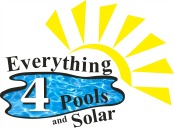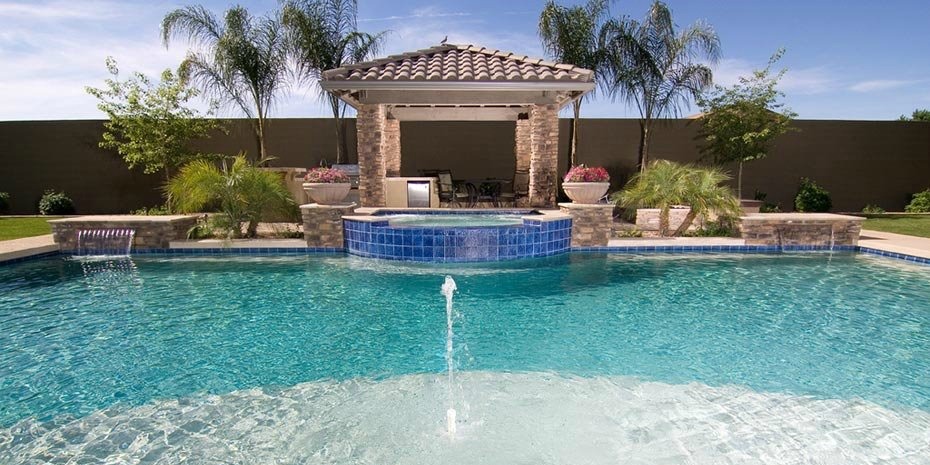So you are getting ready to purchase a swimming pool heater and want to know which is best for you. This is a common problem for many people because there are so many types of heaters available. We briefly explain each type of swimming pool heater in this article to help you choose the best one for you and your needs, and to therefore allow you to make the best purchase.
Solar Heaters
Solar heaters use solar panels to transfer heat from the sun to your swimming pool. As solar panels sit in the sun, they collect heat. Then, the swimming pool pump pushes water through the circulation system and through the solar panels. As the water passes through the solar panels, it heats. Because of solar heaters’ reliance on the sun, many swimming pool owners use auxiliary heaters during nights and cloudy days. To learn more about solar pool heaters click here.
| Advantages of Solar Heaters | Disadvantages of Solar Heaters |
|---|---|
|
|
Electric Resistance Heaters
Electric resistance heaters use electric currents to create heat. When a current is applied to the resistor located inside the unit, the resistor heats. Water then washes over the resistor and heats, causing the resistor to cool. Because electric resistance heaters require large amounts of electricity, they are primarily used to heat small, portable spas and small therapy pools.
| Advantages of Electric Resistance Heaters | Disadvantages of Electric Resistance Heaters |
|---|---|
|
|
Gas Heaters
Gas heaters burn either natural gas or propane to create heat. Gas burns inside a combustion chamber, which contains a series of copper coils. As the gas burns, water passes through the coils and heats. Gas heaters have historically been the most widely-used swimming pool heaters, though their popularity is decreasing due to high gas prices and the advent of and efficiency of heat pumps. To learn more about gas heaters pool heaters click here.
| Advantages of Gas Heaters | Disadvantages of Gas Heaters |
|---|---|
|
|
Heat Pumps
Heat pumps use electricity to transfer heat to your swimming pool. Air-source heat pumps transfer heat from the air, and water-source (geothermal) heat pumps transfer heat from water. Because of their energy-efficiency, heat pumps have rapidly grown in popularity. To learn more about heat pump pool heaters click here.
| Advantages of Heat Pumps | Disadvantages of Heat Pumps |
|---|---|
|
|
Remember: a swimming pool heating system is a big investment. If, after reading this article, you are still unsure which heating system is right for you, let us at Everything 4 Pools and Solar help!


